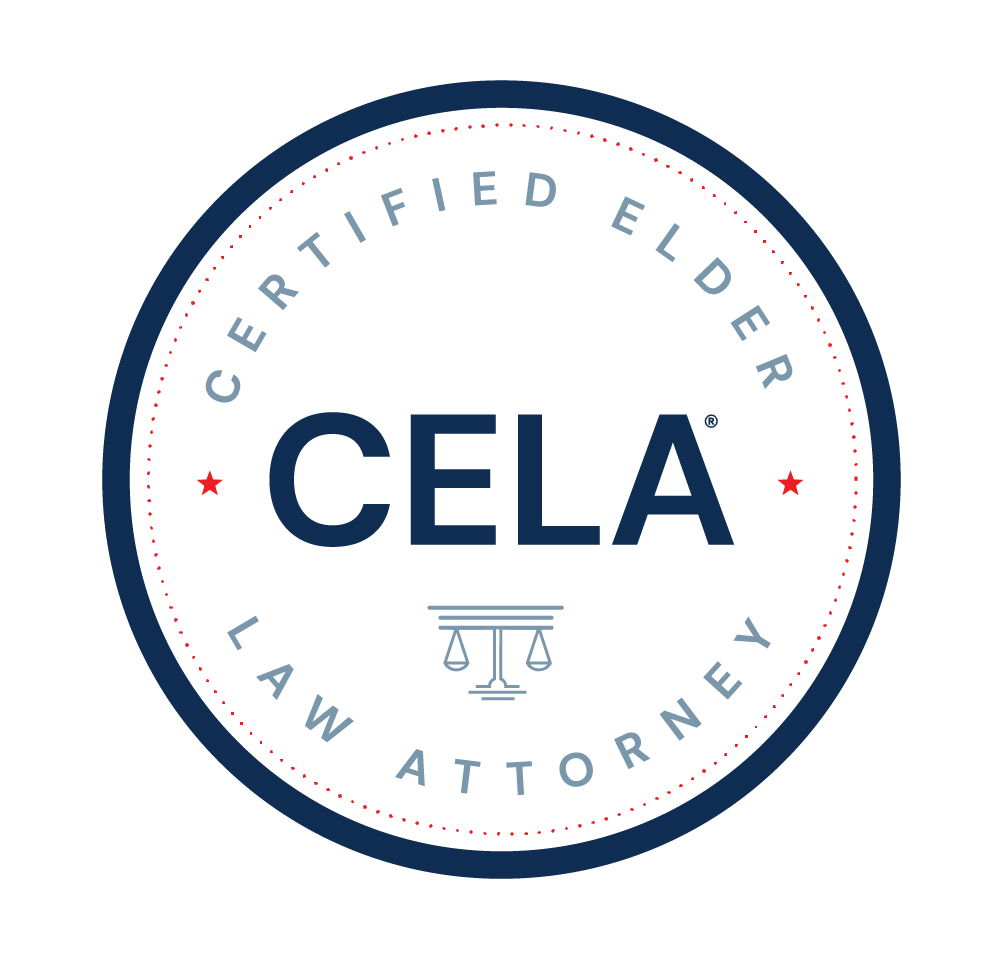Achieving a Better Life Experience Act of 2014 (ABLE)
ABLE was signed into law on December 19, 2014, after many years of bipartisan work in the House and Senate. The law allows eligible individuals with disabilities to establish qualified accounts resembling 529 college savings accounts to be used to save funds for disability related expenses. ABLE accounts, for individuals determined to be disabled within the meaning of the Social Security Act, may be used to provide financial assistance without disqualifying the beneficiary for certain government benefits.
Some key provisions of ABLE accounts are:
1. Account Beneficiaries
- Only one account per beneficiary. If there are multiple accounts, only the first account created will be a qualified ABLE account;
- For SSI purposes, the account beneficiary will be considered the account owner, but someone else can have signature authority if the beneficiary is a minor child or otherwise incapable of managing the account. The authorized signor must be a parent, legal guardian or Agent under a Power of Attorney; and
- Eligible Individuals must be blind/disabled and the disability must have occurred before age 26.
2. Account Contributions
- Total annual contributions are limited to the federal gift tax exclusion amount ($14,000 in 2016); and
- Total lifetime contributions limited to the state 529 maximum ($511, 758 in PA for 2016). If the account balance reaches this limit, no additional contributions can be made.
3. Tax Benefits
- No federal income tax deduction on contributions, but account grows tax-free;
- Withdrawals are tax-free if used for “Qualified Disability Expenses”. Qualified Disability Expenses are “any expenses related to the eligible individual’s blindness or disability which are made for the benefit of an eligible individual who is the designated beneficiary, including the following expenses: education, housing, transportation, employment training and support, assistive technology and personal support services, health prevention and wellness, financial management and administrative services, legal fees, expenses for oversight and monitoring, funeral and burial expenses”; and
- Regular income tax and a 10% surtax will be imposed on non-qualified distributions.
4. Public Benefits and ABLE Accounts
- ABLE accounts are not countable for Medicaid eligibility;
- ABLE accounts with balances not exceeding $100,000 will not interfere with SSI eligibility. If the account balance increases above $100,000, SSI benefits will be suspended until account balance is reduced;
- Distributions from ABLE accounts do not count as income for the account beneficiary for purposes of SSI or Medicaid eligibility regardless of whether the distributions are for non-housing qualified disability expenses, housing qualified disability expenses, or nonqualified expenses;
- Account rollovers to a disabled sibling are permitted when the beneficiary dies; and
- At Beneficiary’s death, the state may file a claim against the remaining funds. However, it is important to note that in its enabling legislation for ABLE, Pennsylvania included a provision prohibiting the Commonwealth from submitting a claim.








